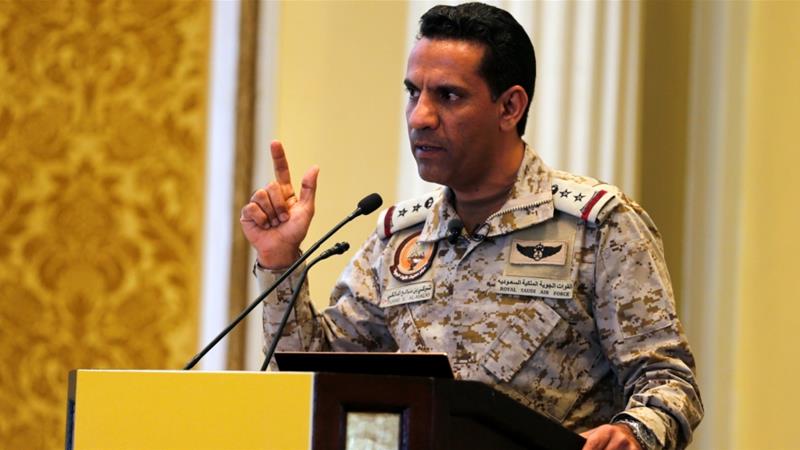Iran to send black boxes from downed Ukrainian airliner to France, enter reparation negotiations
PARIS: Iran will send the black boxes from a downed Ukrainian airliner to France for analysis, the countries said on Monday.
Iran shot down the Ukraine International Airlines flight on Jan. 8 with a ground-to-air missile, killing 176 people, in what Tehran later acknowledged as a “disastrous mistake” by forces on high alert during a confrontation with the United States.
“The Islamic Republic of Iran will send the black box of the Ukrainian airplane to France in the coming few days in order to read its information,” Iranian Foreign Minister Mohammad Javad Zarif said, according to the official IRNA news agency.
France’s BEA air accident investigation agency is known as one of the world’s leading agencies for reading flight recorders.
Zarif made the comments in a phone call with Canadian Foreign Minister Francois-Philippe Champagne. Canada had 57 citizens on board.
Champagne said in a statement that Zarif had committed to sending the flight recorders to France without further delay.
He also said Iran had “agreed to enter into negotiations for reparations” but gave no details. Champagne has consistently pressed Iran to compensate the families of victims.
Ukraine’s President Volodymyr Zelenskiy said in February that Kiev was not satisfied with the size of compensation Iran had offered.
The fate of the cockpit voice and data “black box” recorders was the subject of an international standoff after the plane was shot down, with Ukraine demanding access.
Iran says the coronavirus crisis has contributed to delays in a probe by its Air Accident Investigation Board.
Tehran has been sending mixed messages about where the black boxes may be read. Last week, Minister of Roads and Urban Development Mohammad Eslami said they would be sent to Ukraine.

Iran says Canada’s complaint over Ukrainian plane crash lacks legal basis





